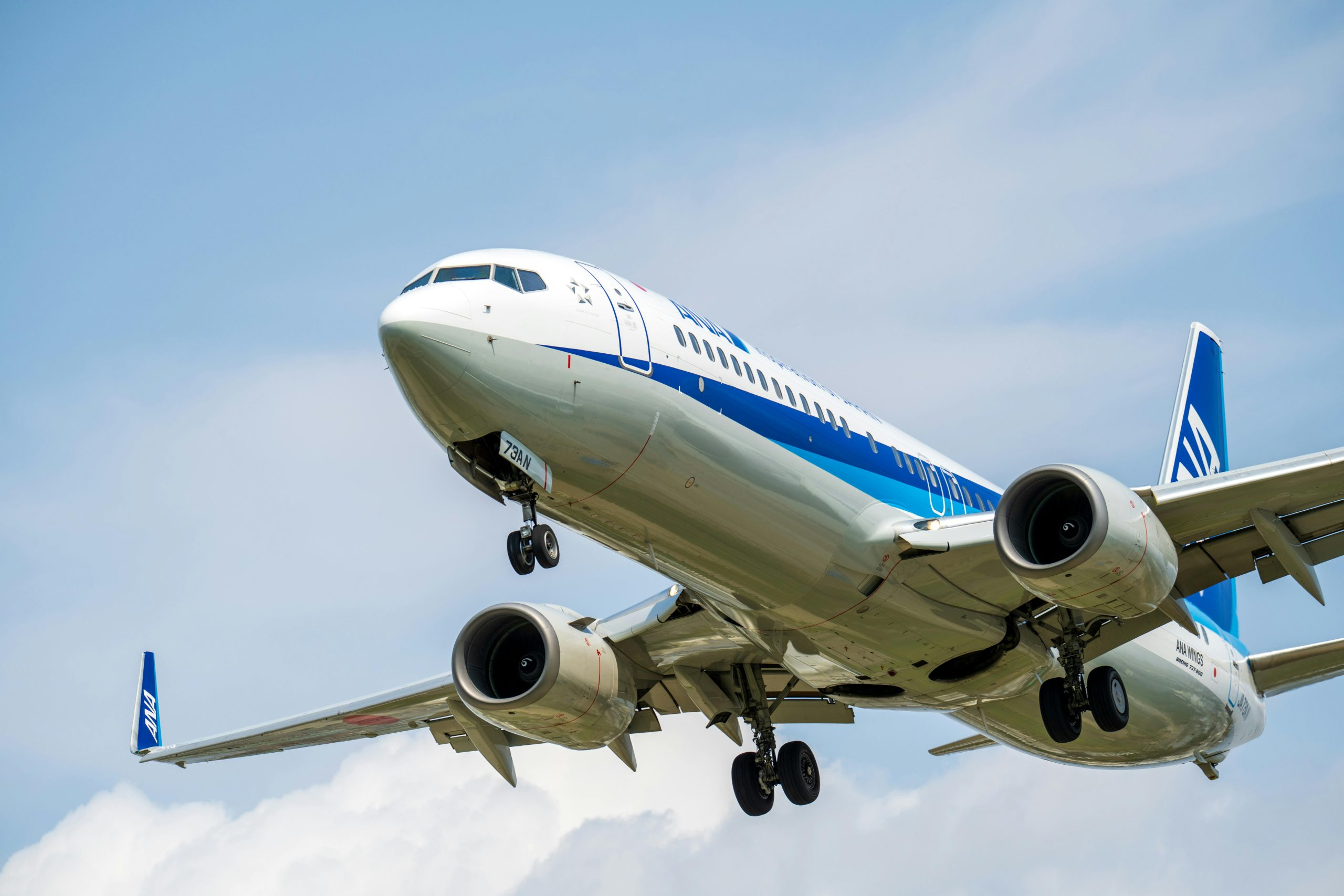Electric Aviation Promising Short-Haul Flight Revolution
Electric aviation has been a hot topic in recent years, and for good reason. With concerns about climate change and the increasing demand for efficient and environmentally friendly transportation options, the need for clean energy alternatives in the aviation industry has never been more pressing. The concept of electric aviation, or the use of electric-powered aircrafts, has sparked excitement and hope for a much-needed revolution in the short-haul flight market. Let’s dive into the potential of electric aviation and how it could transform the way we travel in the near future.
The Promise of Electric Aviation
Electric aviation offers many benefits, both for the environment and for consumers. As electric-powered aircrafts emit zero emissions, there is a significant reduction in the carbon footprint compared to traditional fuel-powered planes. This could have a significant impact on air transportation, which is responsible for a large portion of global carbon emissions.
In addition to the environmental benefits, electric aviation also has the potential to revolutionize short-haul flights. Currently, short-haul flights (which typically cover distances of less than 500 miles) rely on traditional fuel-powered planes, resulting in high costs for airlines and a less than pleasant experience for passengers. Electric aviation, however, offers a more efficient and cost-effective alternative, which could bring about a much-needed revolution in this particular market.
The Rise of Electric Planes
While electric aviation may seem like a futuristic concept, it is already becoming a reality. In 2019, the world’s first fully electric commercial aircraft, the eCaravan, completed a test flight in Canada. This marked a major milestone in the industry and showed that electric planes have the potential to be a viable option for short-haul flights in the near future.
In addition to the eCaravan, major players in the aviation industry, such as Airbus and Boeing, have also shown interest in developing electric planes. Airbus plans to have an electric regional aircraft in operation by 2030, while Boeing has invested in electric aviation startup Zunum Aero, which aims to offer hybrid-electric planes for regional travel by 2022.
Challenges to Overcome
Despite the promising potential of electric aviation, there are still challenges that need to be addressed before it can become widely adopted. One of the main challenges is developing batteries that are powerful enough to support the long-distance and heavy load capabilities of commercial planes. However, with advancements in battery technology and continued investment in research and development, this could soon become a solvable issue.
Furthermore, the infrastructure for charging electric planes also needs to be developed. While some airports have already implemented charging stations for electric ground vehicles, the infrastructure for electric planes is still in its infancy. Airports will need to invest in the necessary equipment to support electric planes, such as charging ports and high-capacity power grids.
The Road Ahead
Despite these challenges, the potential for electric aviation to transform the short-haul flight market cannot be ignored. With major players investing in this technology and advancements being made in battery technology, the future of electric aviation looks promising.
In addition to environmental and cost benefits, electric aviation could also lead to a more comfortable and enjoyable travel experience for passengers. Electric planes run quieter than traditional fuel-powered ones, resulting in less noise pollution. This could also reduce the need for engine maintenance and allow for more flexibility in route planning.
The Final Destination
The potential of electric aviation to revolutionize short-haul flights is undeniable. It offers a cleaner and more efficient option for air travel, which is essential in today’s world. While there are still challenges to overcome, the progress and investments being made in this technology show that electric aviation is on its way to becoming a major player in the aviation industry. The future of air travel looks brighter and greener thanks to electric aviation.










